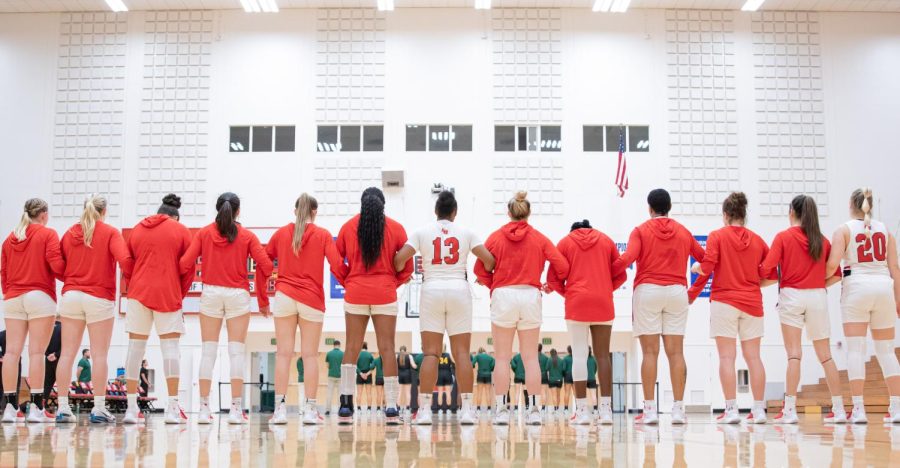
support of labor rights for domestic workers.
Generations of multicultural domestic workers gathered around the California State Capitol Tuesday, August 21, to persuade the Senate to pass the Domestic Workers Bill of Rights, AB 889.
California has around 200,000 domestic workers, who are live-in nannies, babysitters, cooks and other home caregivers.
Roughly 200 domestic workers and supporters of AB 889 showed up to recognize the large amount of unheard voices within the domestic workforce in California; many of the participants were of different backgrounds and ages.
Historically, domestic workers across the country have been excluded from labor laws that other workers receive, such as meal breaks, overtime pay and worker’s compensation. Domestic workers are not currently protected under California’s Fair Employment and Housing Act (FEHA), which was implemented as a California statute in 2002, allowing for worker protection rights for the first time.
Andrea Mercado, political director for Mujeres Unidas y Activas, a Latino grassroots organization based in San Francisco, said racial divisions are the main reason domestic workers have not received workers’ protections for over 70 years.

rights for over 70 years, according to Andrea Mercado,
political director for Mujeres Unidas y Activas.
“Domestic workers’ exclusion from labor law is really just a legacy of racism in this country,” said Mercado. “African American domestic workers and farm workers were excluded from labor protections in the 1930’s and that just continues to this day.”
Domestic workers are not included under California’s labor laws because they often work for individuals with less than five workers, which nullify the employers’ obligation to provide workers protection, according to AB 889.
“I am 79 and have been denied these labor protections my entire lifetime,” said Emiliana Acopia, a domestic worker from San Leandro. “I would want the person who cares for me to be respected and treated well. And that’s all I’m asking for right now; respect and dignity. Nothing more, nothing less.”
Inspired by similar legislation passed in New York in 2010, Assembly members Tom Ammiano (D-San Francisco) and Manuel Perez (D-Coachella) say the bill will end over 70 years of domestic workers’ exclusion from receiving equal protection under the labor law.
“We’re here for justice,” said Perez. “We’re here to ensure that our workers receive the pay that they deserve, the meal breaks, making sure that they have the benefits, and all of this we can do we with grassroots efforts, and making sure that we have the policy here in the capital.”
AB 889 will exclude the typical “casual date-night babysitters,” but will cover adults who support a family of their own.
The bill is still being amended. As of now, changes include the deletion of required annual pay raises and paid vacation time, among others.
Ammiano said he expects the bill to pass the legislator by the end of the week, but was unsure if Governor Jerry Brown will sign it into law.
“You know, it’s lunch time now and I’m hungry,” said Ammiano. “I’m hungry for you to get the rights that all other workers have in California and the United States. I’m hungry for you to be recognized for the dignity of your life, and the contribution you make to this state. I am hungry, and I’m hungry for the governor’s signature on this bill.”











